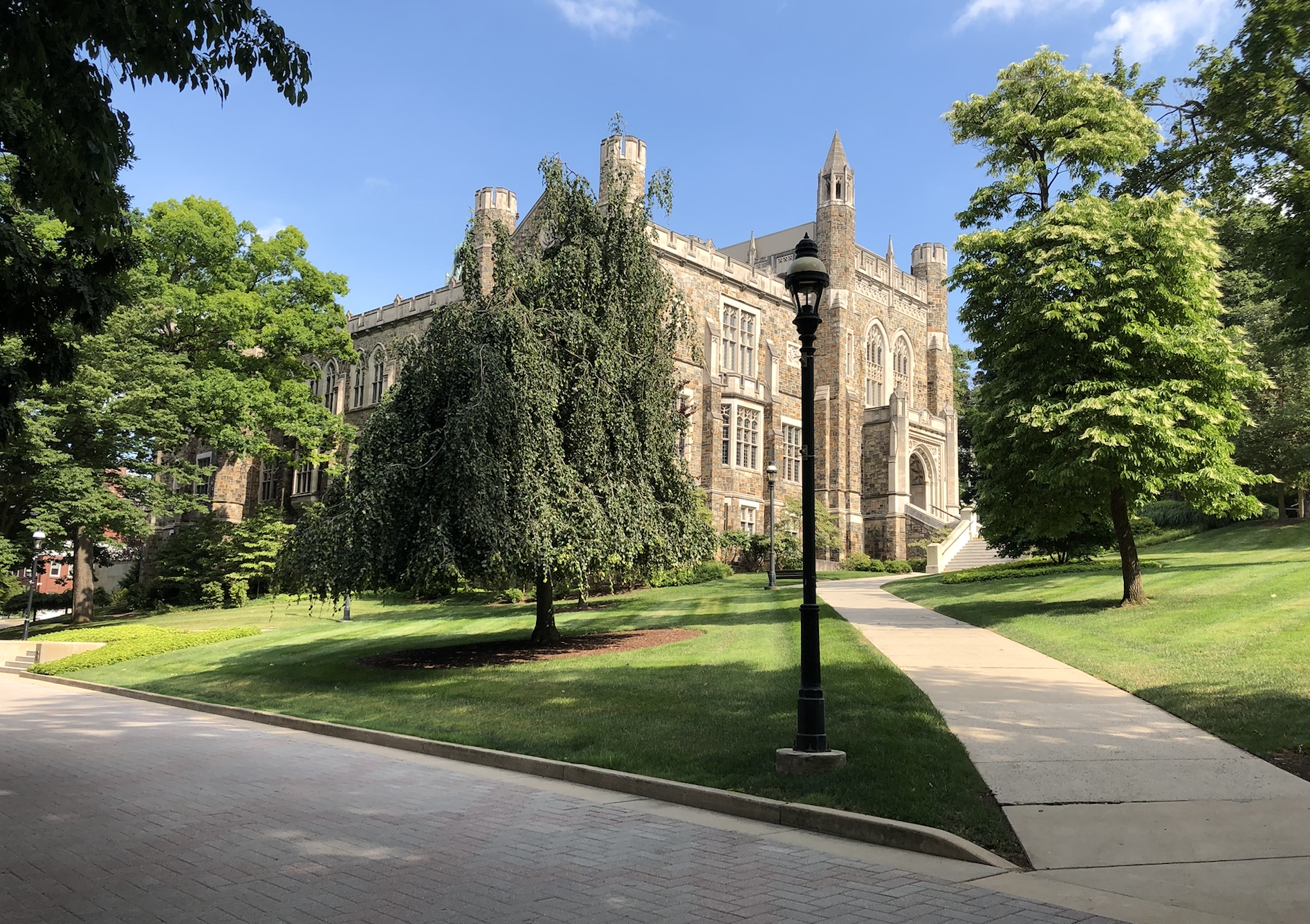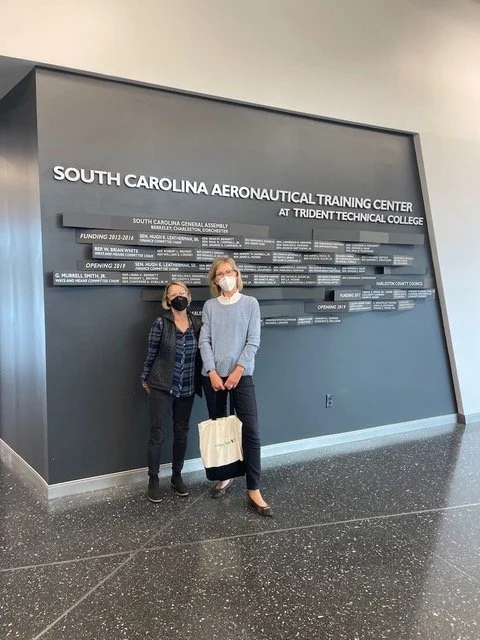The College Sage explores how ChatGPT and AI language tools are rapidly transforming the college admissions essay landscape, demonstrating both impressive writing capabilities and the growing potential for AI-detection software to identify machine-generated content. As colleges grapple with these changes, admissions may shift toward new formats like graded academic papers, interviews, and video submissions to better assess authentic student voices, prompting a broader rethinking of the application process with an emphasis on integrity and equity.
Oh the places you can go …
WHAT’S YOUR PATH? UNIQUE COLLEGE MAJORS
Not every student dreams of majoring in business or biology, and that’s a good thing. At The College Sage, we spotlight unique, hands-on majors like architecture, construction management, and sports marketing, helping students discover the best-fit programs aligned with their passions and career goals.
London Calling. . .Do You Have the Degree?
Curious about working in the UK without employer sponsorship? This blog breaks down the new High Potential Individual (HPI) Visa, a unique opportunity for recent graduates of top global universities to launch a short-term career adventure across the United Kingdom, with minimal red tape and maximum flexibility.
Flying High with The College Sage at Trident Tech’s South Carolina Aeronautical Training Center
From avionics to aerospace, the South Carolina Aeronautical Training Center at Trident Technical College is opening exciting pathways for students across the Lowcountry and beyond. The College Sage toured this cutting-edge facility and discovered a wealth of hands-on programs, transfer opportunities, and career-aligned training in engineering, robotics, and aviation.
THE COLLEGE SAGE MERMAID TOUR: SUNNY FLORIDA IS AN ENCHANTING PLACE TO STUDY
The College Sage hit the road in January to explore Florida’s vibrant and varied college scene, just as admissions season hit full swing. From the sunny lakefront of Rollins to the historic charm of Flagler to the innovation rising at USF and UF, we uncovered top notch programs, beautiful campuses, and valuable insights to help students find their perfect college fit in the Sunshine State.
Montana Finale to The College Sage Westward Adventure
The College Sage Westward Adventure wraps up in Montana with a tour of four college campuses! We’ve seen almost every college campus in America! How many colleges has your high school counselor actually been to? As states go on our tour, Montana ranks at the top of the list. Be sure to check out these amazing college opportunities and contact thecollegesage@gmail.com to learn more about so many opportunities in the western half of America.

























